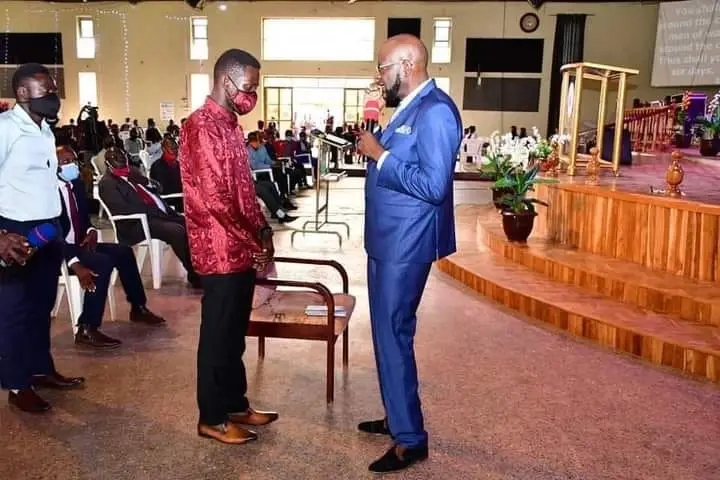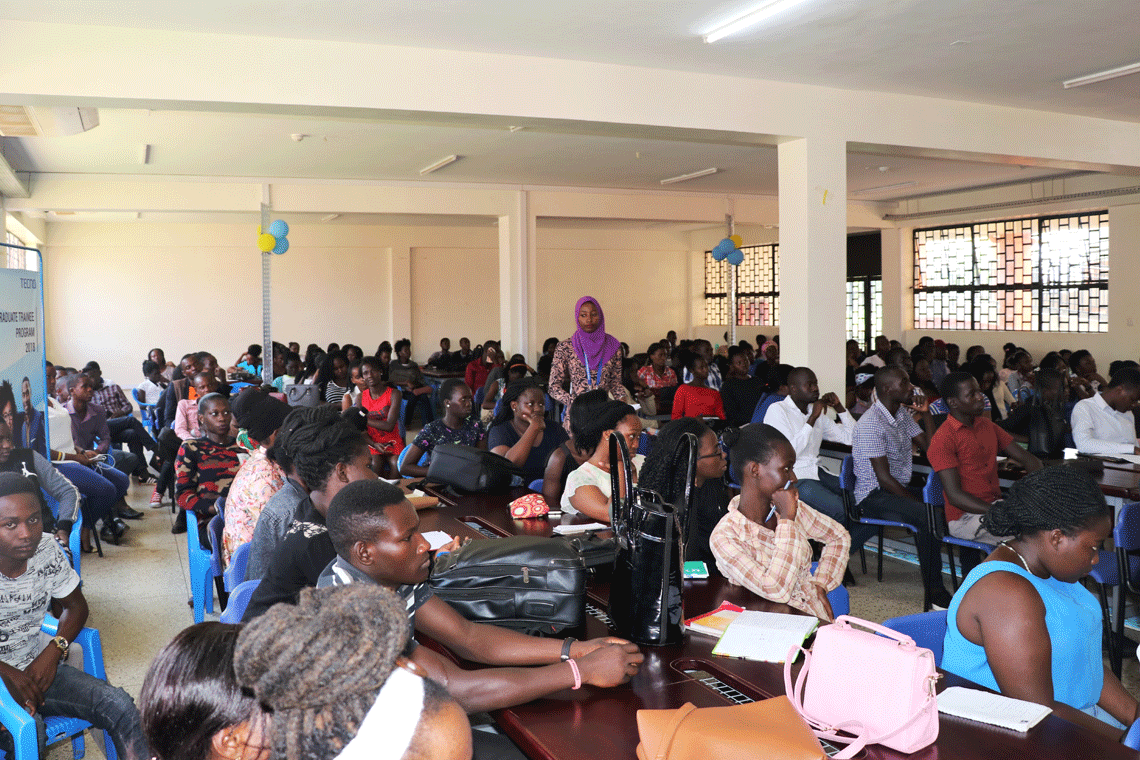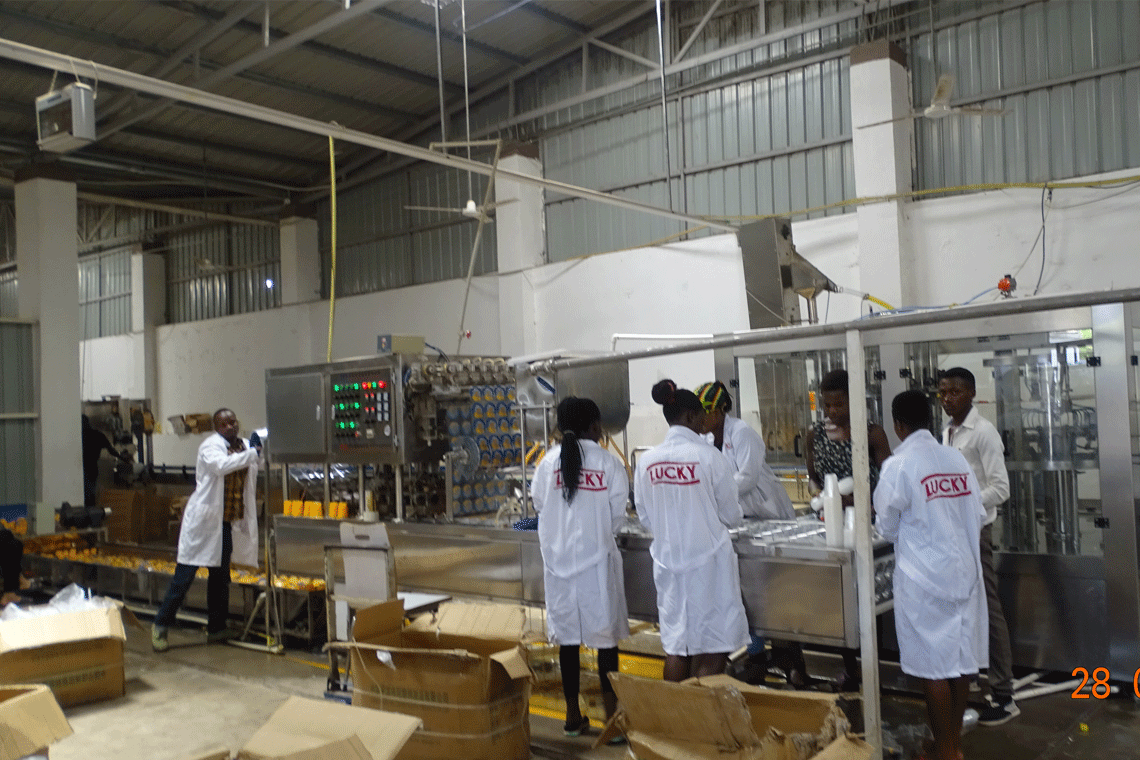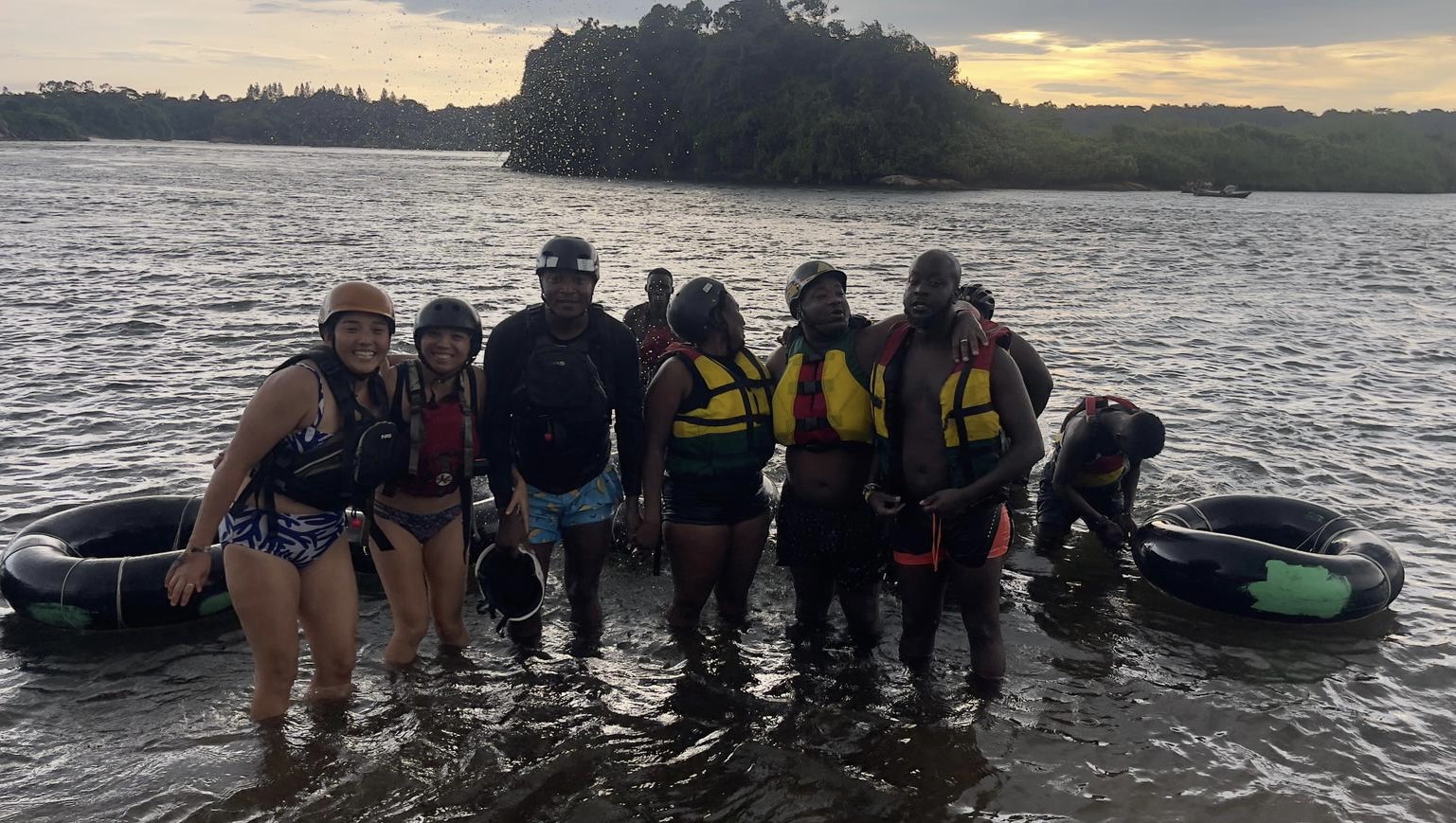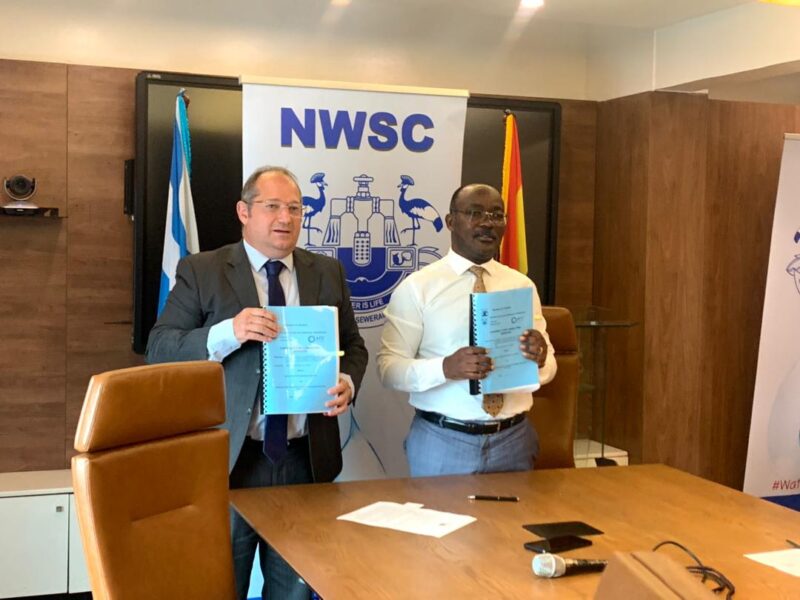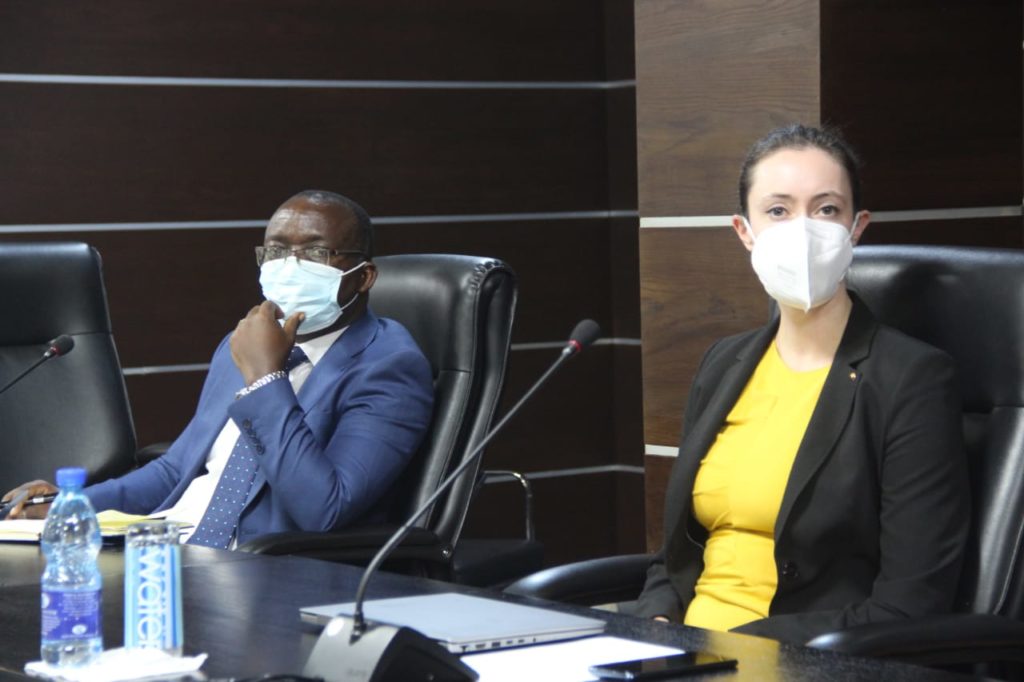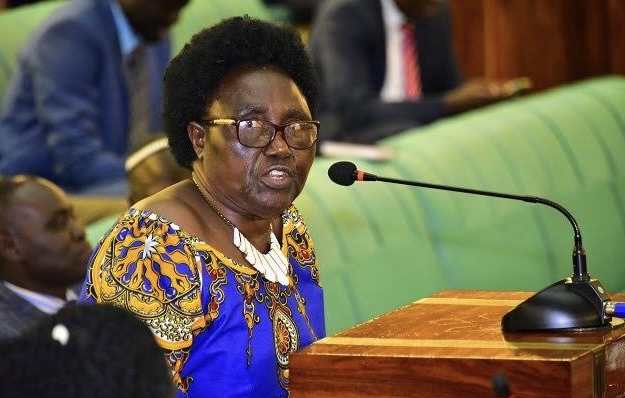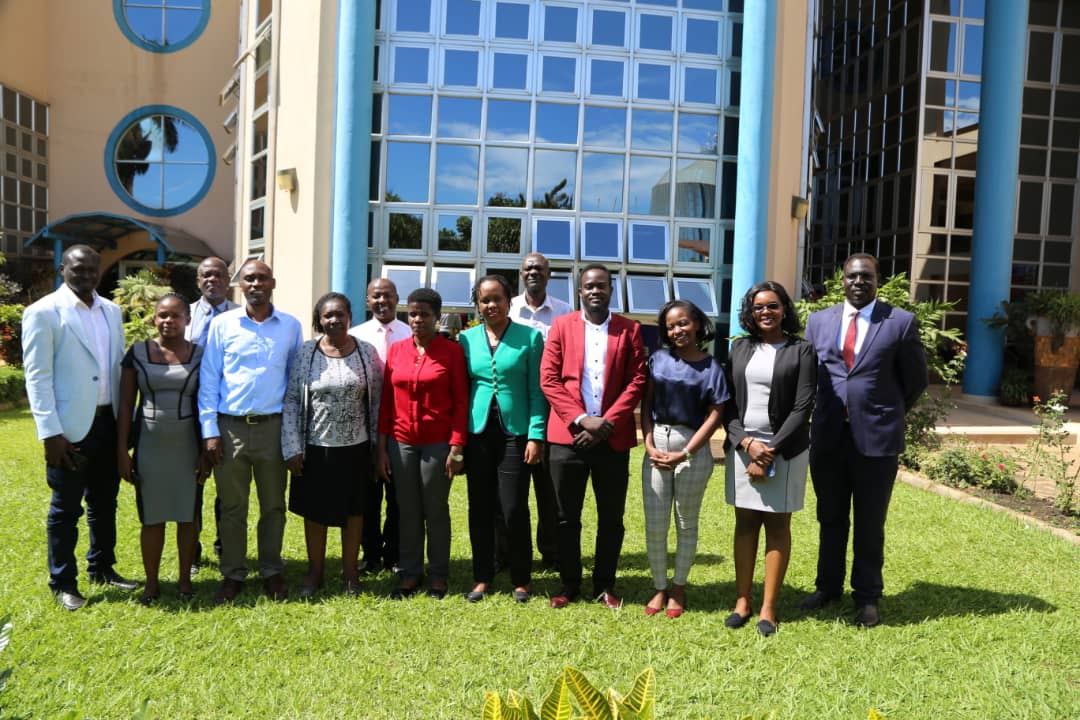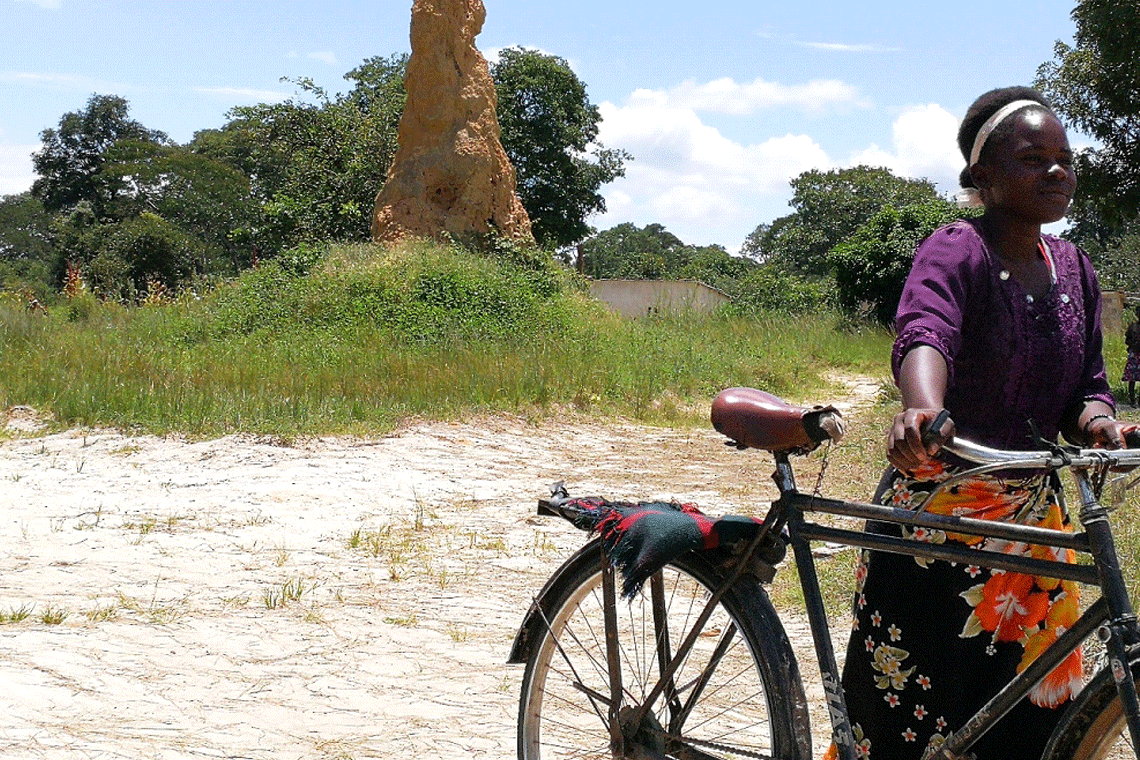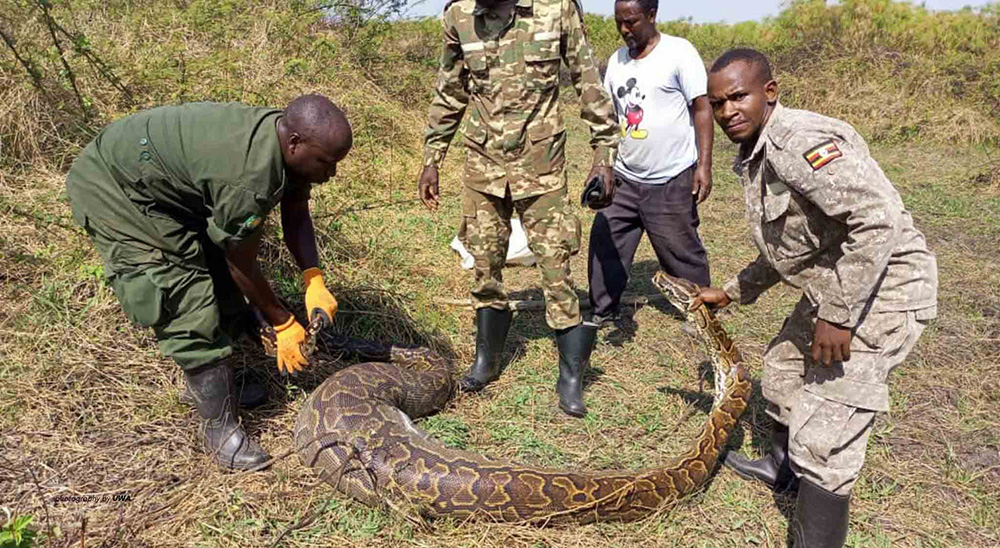Edith Kabesiime, Wildlife Campaign Manager at World Animal Protection says; “If these Wildlife Education and Conservation Centres were true to their operations, then they would be releasing the said rescued animals back into the wild.”
Instead, they are kept in captivity, either for export, or supply to the international exotic market which is a big commercial scheme by these centers. There is a dangerous trend that is currently gaining momentum. Animals [are] being deliberately extracted from the wild and kept in captivity to supply the international exotic pet market and zoos.
In fact, Kabesiime says, the wildlife conservation and education centers like the Uganda Wildlife Education and Conservation Centre (UWEC), operate under the cover of conserving, rescuing and protection of wildlife, yet deep in their hearts, it’s a commercial opportunity for them to cash-in. She adds that countries such as Uganda encourage commercial rearing of Lions, snakes and many other wildlife species, claiming that the practice benefits people as education and conservation.
They provide food, fiber, livelihoods, travel, sport, companionship, and education for people across the globe. However, wild animals can sometimes carry harmful germs that can spread to people and cause illness known as zoonotic diseases or zoonoses. Zoonotic diseases are caused by harmful germs like viruses, bacterial, parasites, and fungi.
These germs can cause many different types of illnesses in people and animals, ranging from mild to serious illness, and even death. Kabesiime points out that, though it’s not scientifically proven as true, the Corona Virus that put the globe to total lock-down, is said to have come from wildlife in China. Out of every 10 known infectious diseases in people can be spread from animals, and three out of every 4 new or emerging infectious diseases come from animals so it’s better humans avoid trading in wildlife in any form by allowing them to live in the wild.
Kabesiime says snakes’ extraction from the wild into captivity to supply the international exotic pet market and zoos, is gaining momentum. She highlighted this through a media briefing to prepare for the Annual World Snake Day in Kampala. By celebrating World Snake Day, Humans can help to raise awareness about these misunderstood reptiles and to protect them from persecution being killed innocently.
Kabesiime, who is herself a victim of snake bite, says such narratives, are even in the bible; Genesis 3:15 verse where, a snake is the dangerous animal referred to as Satan/serpent with The Lord God finally cursing it; “that the offspring of the woman will crush, or bruise, Satan’s head, and Satan would strike or bruise his heel” Kabesiime says that is how such hatred was created between man and snake.
Even as she shared her experience after a snake bite, she talks passionate about a snake saying if it wasn’t that she went to the snake’s place of abode, the wild where she had a vegetable garden late in the evening, she could not have bumped into it. “Snakes don’t look for man, instead man look for snakes.” She articulates further; “By the time it hits or bites man, it’s either man tried to provoke it or it was simply surprised that it could not help but retaliate as it defends itself”
World Snake Day
Kabesiime urges man to protect snakes in the wild, highlighting how an alarming number of snakes are being killed and or captured and traded as exotic pets in the recent years. This is the vice that WAP would want to fight against, as they celebrate the annual World Snake Day 2023 on July 16th to raise awareness about the challenges faced by snakes and advocate for their protection.
Snake benefits
Snakes play a vital role in controlling rodent populations and maintaining the ecological balance. Therefore, the thriving industry of exotic pet trade which exploits snakes needs to be disrupted and dismantled eventually.
Snakes need to be protected from being poached, removed from their natural habitats, or bred in captivity under cruel conditions, all for the sole purpose of becoming someone’s pet or a zoo specimen to amuse tourists. The outbreak of the deadly novel coronavirus in 2019 further underscores the urgent need to address the exotic pet trade.
The virus highlighted the potential for disease transmission from wild animals subjected to the cruel practices of the wildlife trade to humans. Snakes have been known to be a source of salmonella that can cause typhoid fever in humans. It is imperative to act not only for the welfare of animals and the preservation of biodiversity, but also to safeguard human health.
The time has come to reverse the course of the exotic pet trade and allow snakes and other wild animals to remain in their natural habitats, where they rightfully belong. Source countries such as Uganda encourage commercial rearing of snakes claiming that the practice benefits people and conservation. Snakes are not for us to use and abuse. They are wild animals and have a right to wild life.
Reptiles, comprising approximately 20% of the global exotic pet trade, are one of the most misunderstood groups of animals. Widespread misconceptions surrounding their sentience often led owners to underestimate their care needs and fail to provide the necessary space, nutrition, environment, and enrichment. These misconceptions inadvertently result in cruelty and neglect, further perpetuating a massive global trade that jeopardizes the survival of these animals in the wild.
Among the many species affected by the exotic pet trade, the Ball python has become the epitome of the problem. It holds the unfortunate distinction of being the most traded live animal legally exported from Africa. Snakes are also kept in zoos where tourists pay to see them, not knowing that they are supporting animal cruelty. In Uganda, snakes are an integral part of the country’s biodiversity, occupying diverse ecosystems ranging from lush rainforests to arid savannas. However, human activities, habitat loss, and wildlife trade pose severe threats to their existence.
Author Profile

- Mr. Daniels N. Tatya is an affluent Sports Writer, Commentator and Editor. His over 15 years of covering almost major sporting events makes him a revered and an authority on investigative Sports journalism in Uganda. He can also be reached via [email protected] +256(0)758268315
Latest entries
 BusinessMay 2, 2024Pay Up Already: High Court Orders Chinese Construction Firm and a City Engineer to Cough Over UGX6 Billion into Muwema and Company Advocates` Coffers
BusinessMay 2, 2024Pay Up Already: High Court Orders Chinese Construction Firm and a City Engineer to Cough Over UGX6 Billion into Muwema and Company Advocates` Coffers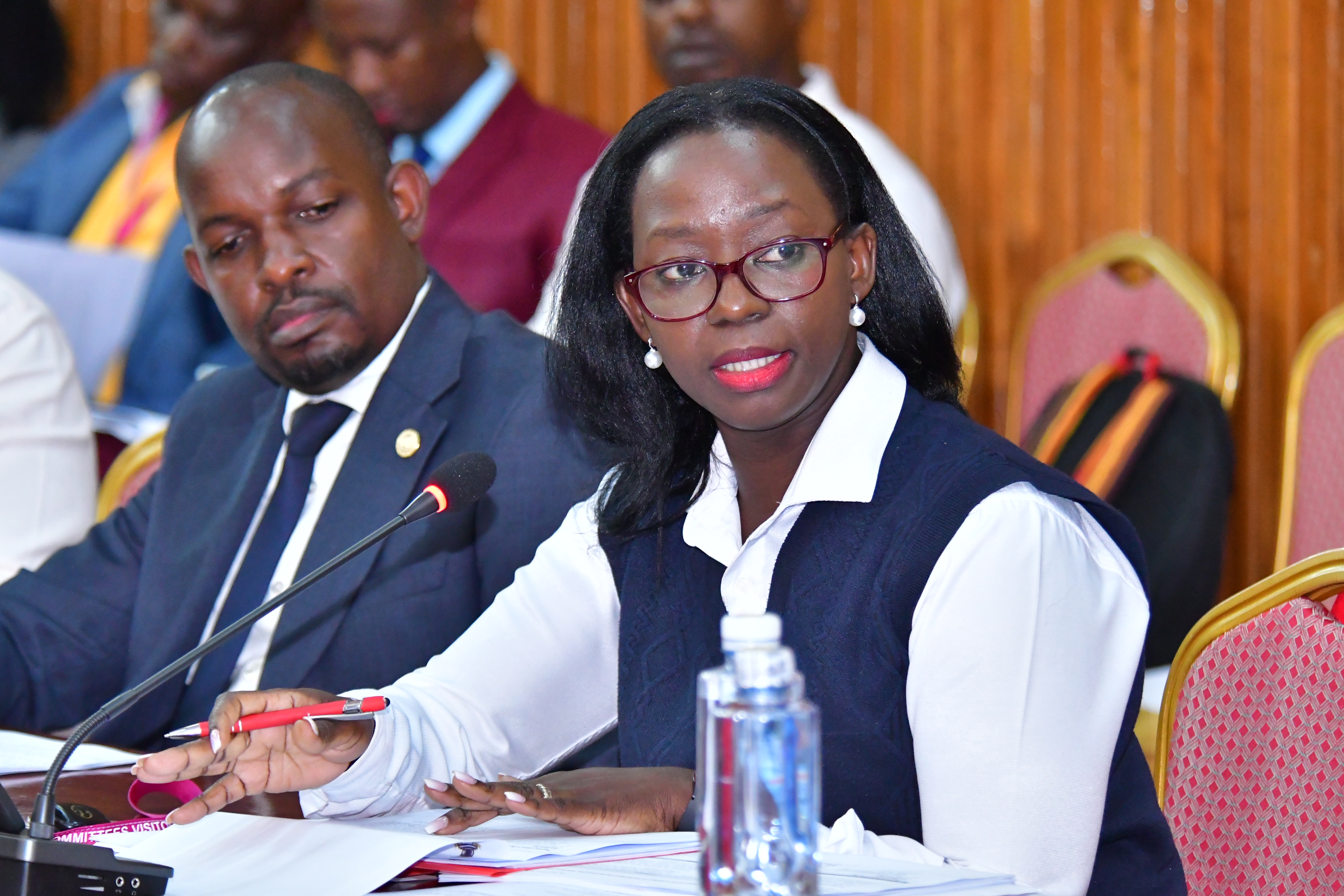 BusinessApril 30, 2024From The Best Mode to The Beast Mode: Reckoning the Future and Striking a Balance for New Tax Proposals on Alcoholic Beverages
BusinessApril 30, 2024From The Best Mode to The Beast Mode: Reckoning the Future and Striking a Balance for New Tax Proposals on Alcoholic Beverages FeaturedMarch 29, 2024Peace Guys – Peace…! Kabaka Ronald Muwenda Mutebi Rises to Calm Down His Warring Subjects Mpuuga and Ssentamu But A Little Too Late He Was
FeaturedMarch 29, 2024Peace Guys – Peace…! Kabaka Ronald Muwenda Mutebi Rises to Calm Down His Warring Subjects Mpuuga and Ssentamu But A Little Too Late He Was BusinessMarch 15, 2024RUKUSA Family Tales: A Heart-To-Heart SACCO Whose Focus and Mission is Helping Members to Harness and Fulfill Their Far-Reaching Dreams
BusinessMarch 15, 2024RUKUSA Family Tales: A Heart-To-Heart SACCO Whose Focus and Mission is Helping Members to Harness and Fulfill Their Far-Reaching Dreams




